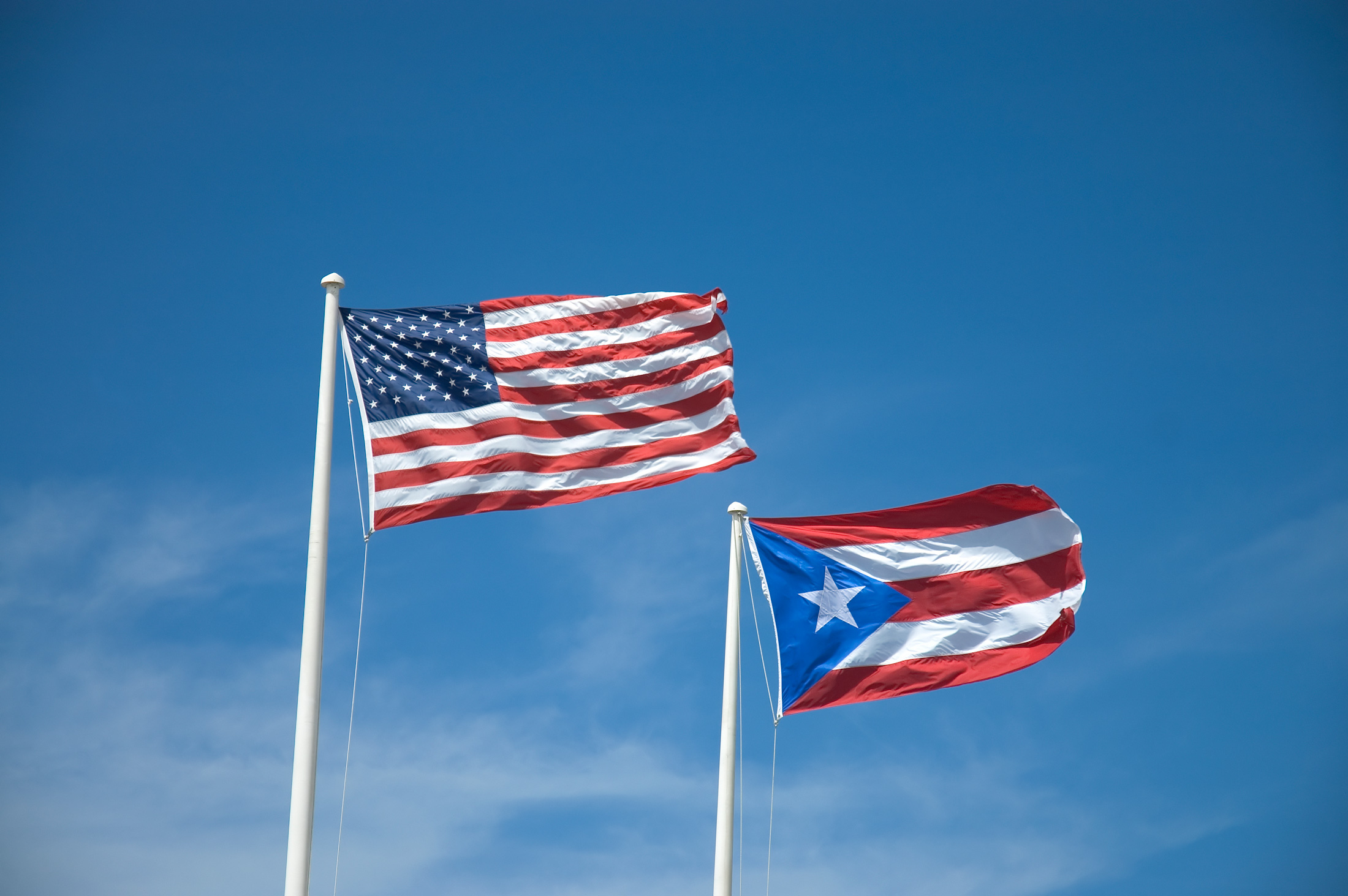Establishing a bank in any part of the world requires a nuanced understanding of the specific country’s regulatory environment and associated risks. Puerto Rico, a U.S. territory, is no exception. Despite the island’s allure for offshore banking due to its attractive tax incentives, it is vital for potential bank founders to evaluate both the regulatory and country risk involved.
Most often, discussions around Puerto Rico’s country risk are inseparable from its regulatory risk. Puerto Rico’s close relationship with the U.S. necessitates compliance with U.S. Federal Reserve guidelines, presenting a unique regulatory landscape that can be challenging to navigate.
Interestingly, even offshore banks licensed in other jurisdictions face a similar regulatory risk if they maintain a U.S. correspondent or hold USD. This risk may be indirect, but can often be even more stringent. Consequently, banking in Puerto Rico is not about evading U.S. regulation, but rather about leveraging the territory’s unique benefits while carefully managing associated risks.
An alternative model to consider is the ‘complete offshore’ approach. This model shuns the U.S. dollar and forgoes a U.S. correspondent partner, which may be a suitable approach depending on the target markets. One notable example is Coinbase, the well-known cryptocurrency exchange, which established operations in Bermuda due to U.S. regulatory concerns.
Equivalently, one might look to integrate into the EU banking system by acquiring a license from Gibraltar. Gibraltar’s regulatory environment is to the European Union what Puerto Rico’s is to the United States: a unique intersection that enables access to a larger market while operating under a distinct legal framework.
In this regard, Xapo Bank provides a compelling case study. Backed by major hedge funds, Xapo Bank is an international startup that leverages Gibraltar’s regulatory environment to serve the global cryptocurrency market. Similarly, Zenus Bank in Puerto Rico illustrates the potential for startups to navigate the territory’s regulatory landscape successfully, attracting substantial funding in the process.
Of course, there are jurisdiction specific risks to Puerto Rico that should be considered and mitigated during startup. I will consider the territorial risks below.
Note: As the US does not offer an international license comparable to Puerto Rico, it’s not possible to build the same bank in the States as you can in the territory and these are not competing jurisdictions. The competition for Puerto Rico is Bermuda, Cayman, Belize, Gibraltar, etc. For an explanation as to why Puerto Rico and the US are not competing options, see US Banking License vs. Puerto Rico International Banking License.
Operating a bank in Puerto Rico, just like any other location, does come with a set of country-specific risks. While Puerto Rico is a U.S. territory and therefore subject to federal banking laws and regulations, its economic and social circumstances do make its risk profile different in certain respects from the mainland United States. Here are a few key risks to consider:
- Economic Risk: Puerto Rico has faced economic challenges for a number of years, including high unemployment and significant public debt. The 2006 elimination of tax breaks for U.S. companies operating in Puerto Rico led to an economic downturn, and the recovery has been slow. These economic conditions can affect the overall stability of the banking sector and potentially increase credit risk.
- Natural Disaster Risk: Puerto Rico is located in the Caribbean, making it susceptible to natural disasters such as hurricanes and earthquakes. These events can have significant impacts on the economy and infrastructure, and by extension, the banking industry.
- Political Risk: While Puerto Rico is a U.S. territory, its political status is subject to ongoing debate, including discussions about potential statehood or independence. This political uncertainty could potentially impact the regulatory environment or economic conditions.
- Regulatory Risk: Puerto Rico’s banks are regulated by a combination of federal and local authorities. While this regulatory environment is generally stable and robust, changes in local laws or regulations, or differences in how federal laws are applied, could create risks.
While many of these risks are also present in the mainland U.S., their impact and the likelihood of occurrence can vary. Therefore, it’s crucial for any institution considering setting up a bank in Puerto Rico to conduct a thorough risk assessment that takes these factors into account.
In addition to these country risks, there are also some specific risks that are associated with operating a bank in Puerto Rico. These include:
- Lack of qualified personnel: There is a shortage of qualified personnel in the banking sector in Puerto Rico. This is due to a number of factors, including the island’s small size and its relatively low wages. As a result, banks in Puerto Rico may have difficulty finding and retaining qualified staff.
- Language barrier: The official language of Puerto Rico is Spanish. This can be a challenge for banks that are not familiar with the Spanish language or the Puerto Rican culture.
- Regulations: The banking regulations in Puerto Rico are different from those in the United States. This can make it difficult for banks to comply with all of the applicable regulations.
Overall, the country risks of operating a bank in Puerto Rico are similar to those of operating a bank in the United States. However, there are some key differences, such as the risk of political instability and the lack of qualified personnel. Banks that are considering operating in Puerto Rico should carefully assess these risks before making a decision.
In conclusion, whether considering Puerto Rico or any other jurisdiction, understanding and managing regulatory and country risks is paramount when setting up a bank. Navigating these risks successfully can unlock unique opportunities and enable access to strategic markets, contributing to the potential success of a banking venture. Whether it’s in Puerto Rico, Gibraltar, or another jurisdiction, regulatory compliance and risk management are critical pillars of successful banking operations.

